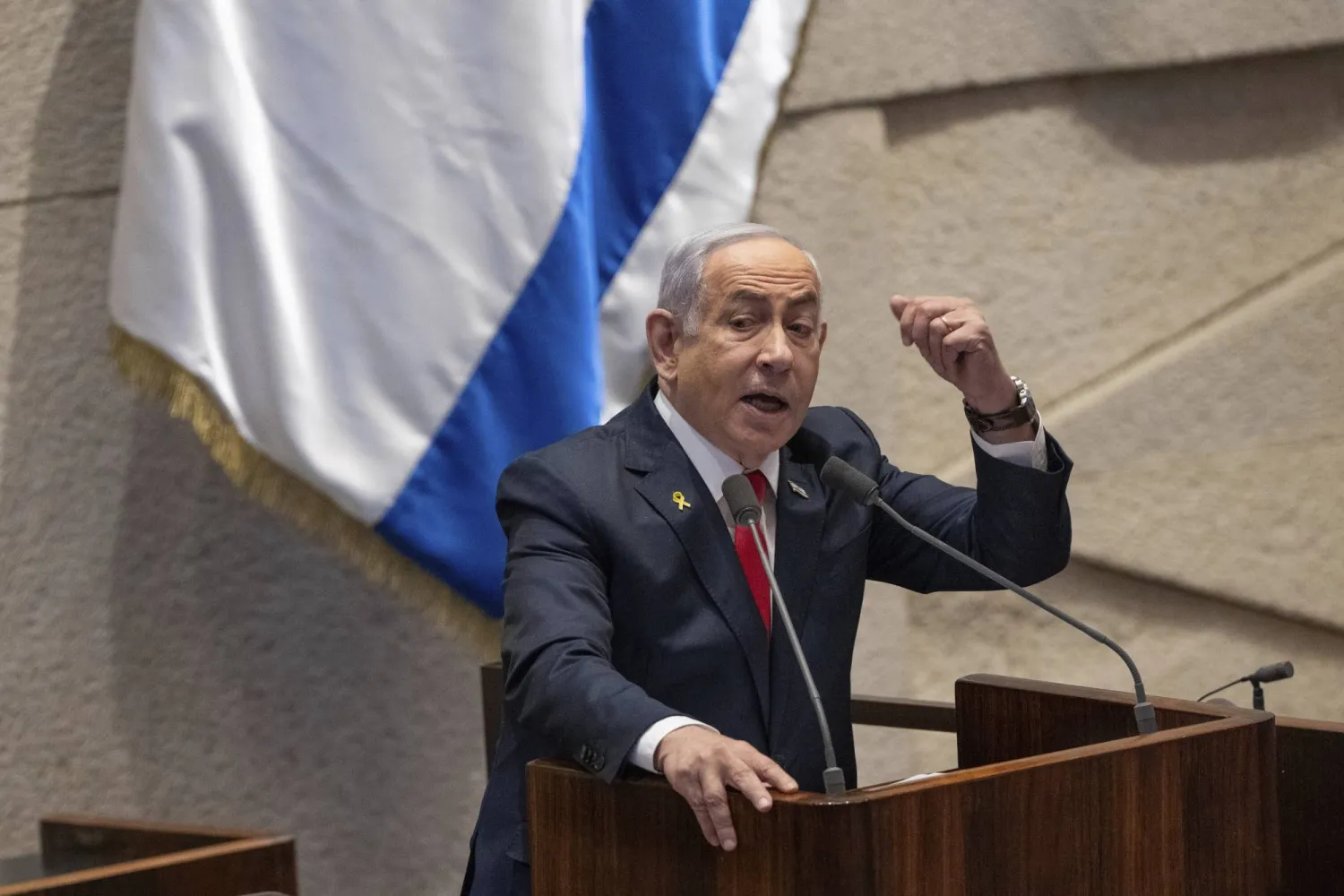The International Criminal Court issued arrest warrants on Thursday for Israeli Prime Minister Benjamin Netanyahu, his former defense minister and Hamas officials, accusing them of war crimes and crimes against humanity over the war in Gaza and the October 2023 attacks that triggered Israel’s offensive in the Palestinian territory.
The decision turns Netanyahu and the others into internationally wanted suspects and is likely to further isolate them and complicate efforts to negotiate a cease-fire to end the 13-month conflict. But its practical implications could be limited since Israel and its major ally, the United States, are not members of the court and several of the Hamas officials have been subsequently killed in the conflict.
Netanyahu and other Israeli leaders have condemned ICC Chief Prosecutor Karim Khan’s request for warrants as disgraceful and antisemitic.
US President Joe Biden also blasted the prosecutor and expressed support for Israel’s right to defend itself against Hamas. Hamas also slammed the request.
But the ICC said Thursday that Israel's acceptance of the court's jurisdiction was not required.
Israel launched its war against Hamas after militants stormed into southern Israel on Oct. 7, 2023, killing some 1,200 people, mostly civilians, and abducting another 250. Around 100 hostages are still inside Gaza, at least a third of whom are believed to be dead. Most of the rest were released during a cease-fire last year.
Health officials in the Gaza Strip said Thursday the death toll from the 13-month-old war has surpassed 44,000.
The Israeli offensive has also caused heavy destruction across wide areas of the coastal territory and displaced 90% of Gaza's population of 2.3 million people.
The court issued a warrant for Mohammed Deif, head of Hamas’ armed wing, over the Oct. 7 attacks that triggered Israel’s offensive in Gaza. It said it found reasonable grounds to believe Deif was involved in murder, rape, torture and the taking of hostages amounting to war crimes and crimes against humanity.
Khan withdrew his request for warrants for two other senior Hamas figures, Yahya Sinwar and Ismail Haniyeh, who have both since been killed. Israel says it also killed Deif in an airstrike, but Hamas has never confirmed his death.
The warrants for Netanyahu and Gallant were issued by a three-judge panel in a unanimous decision.
The panel said there were reasonable grounds to believe they “intentionally and knowingly deprived the civilian population in Gaza of objects indispensable to their survival,” including food, water, medicine, fuel and electricity.
The Israeli Foreign Ministry said in September that it had submitted two legal briefs challenging the ICC’s jurisdiction and arguing that the court did not provide Israel the opportunity to investigate the allegations itself before requesting the warrants.









